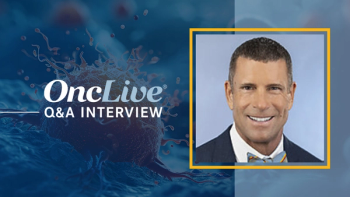
R. Lor Randall, MD, FACS, discusses global variation in DAIR strategies for post–limb salvage infections, highlighting needs for standardization and multidisciplinary coordination.

Your AI-Trained Oncology Knowledge Connection!


R. Lor Randall, MD, FACS, discusses global variation in DAIR strategies for post–limb salvage infections, highlighting needs for standardization and multidisciplinary coordination.

UC Davis Health joins an elite group recognized for top-tier pancreatic cancer care and research.

Patient who are adolescent or young adults are at higher risk of metastatic recurrence according to researchers at UC Davis Health.
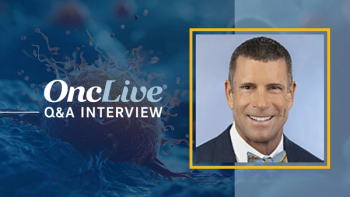
R. Lor Randall, MD, FACS, discusses findings from a phase 2 study of denosumab in patients with osteosarcoma.
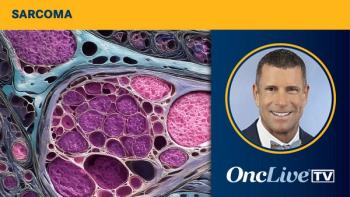
R. Lor Randall, MD, FACS, discusses the multidisciplinary nature of research aiming to develop a predictive model of sarcoma survivorship.

R. Lor Randall, MD, FACS, discusses the potential implications of research into how socioeconomic disparities and cancer biology impact long-term outcomes in pediatric sarcoma.

R. Lor Randall, MD, FACS, outlines the aims and phases of a prospective study evaluating outcome disparities in pediatric sarcoma survivorship care.

R. Lor Randall, MD, discusses the need to move beyond modest survival improvements in pediatric bone sarcoma toward equitable, precision survivorship care.

Experts highlight pivotal data in EGFR- and HER2-mutant NSCLC from the 2025 ESMO Congress, including updates on ADCs, TKIs, and real-world outcomes in LMD.
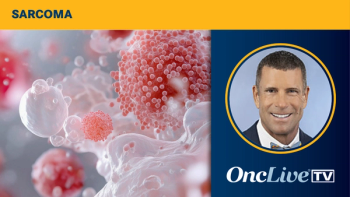
R. Lor Randall, MD, FACS, discusses a new STS surveillance algorithm based on findings that show the comparable diagnostic utility of ultrasound and MRI.
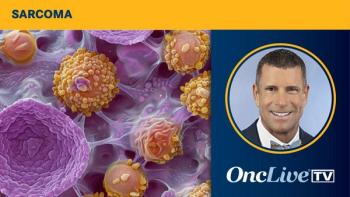
R. Lor Randall, MD, FACS, summarizes the current status of and future directions for imaging protocols for post-surgical extremity STS surveillance.
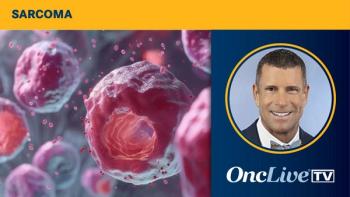
R. Lor Randall, MD, FACS, compares the diagnostic accuracy, recurrence detection rates, and cost effectiveness of MRI vs ultrasound STS surveillance.

Targeted gene therapy kills herpesvirus-linked cancer cells, sparing healthy tissue

R. Lor Randall, MD, FACS, discusses the current paradigm and future trajectory of imaging modalities for the surveillance of soft tissue sarcoma.
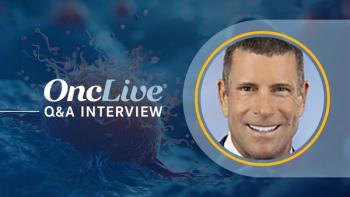
Ultrasound is cheaper, faster, and is widely available compared with MRI, but is it enough to displace the gold standard imaging tool?
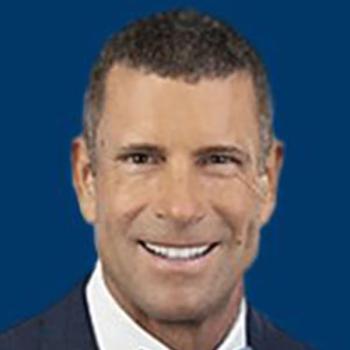
R. Lor Randall, MD, FACS, spreads awareness about the benign, self-correcting nature of non-ossifying fibromas, which are commonly confused with sarcoma.
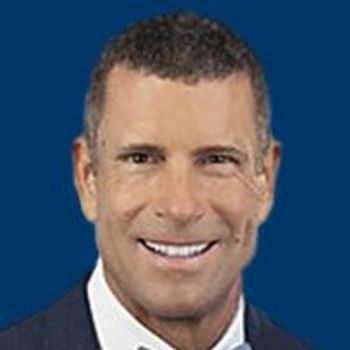
R. Lor Randall, MD, FACS, discusses when to intervene prophylactically in patients with advanced cancer and skeletal metastases.

Cancer parametric PET imaging with radioactive tracers is reduced from an hour to 20 minutes
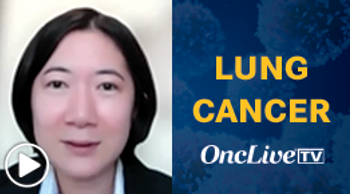
Misako Nagasaka, MD, PhD, discussed the clinical significance of the FDA approval of taletrectinib in ROS1-positive NSCLC.

A clinical trial is testing an extract that could unlock the body’s natural ability to fight cancer.

Clinical trial tests new treatment approach, offers hope for personalized therapies.
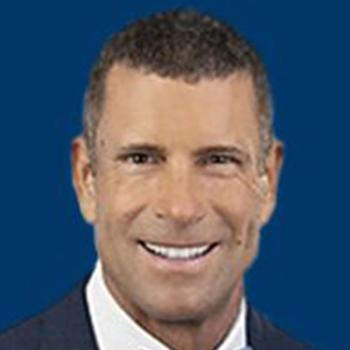
R. Lor Randall, MD, FACS, discusses the importance of orthopedic oncology consensus meetings and the need for agreement about certain surgical practices.

R. Lor Randall, MD, FACS, discusses the development of a bone marrow matrix to study osteosarcoma and the model’s mechanisms of metastasis control.

R. Lor Randall, MD, FACS, discusses the significance of the FDA approval of vimseltinib for patients with symptomatic TGCT.
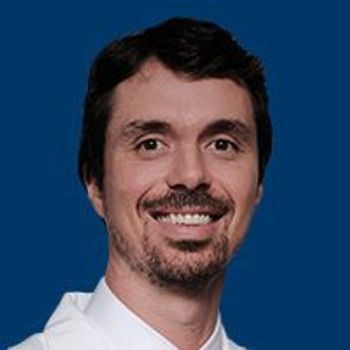
Clinicians parse through the impacts of tumor-agnostic FDA approvals, examining T-DXd and repotrectinib's 2024 approvals in particular.

R. Lor Randall, MD, FACS, discusses the enrollment criteria for a trial investigating surgical outcomes in patients with proximal femur metastases.

R. Lor Randall, MD, FACS, discusses the utility of routine intraoperative frozen section in soft tissue sarcomas and the impact of added costs.
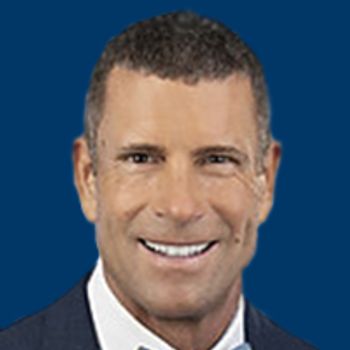
R. Lor Randall, MD, FACS, discusses the construction and preclinical utility of spheroid models for drug development in osteosarcoma.
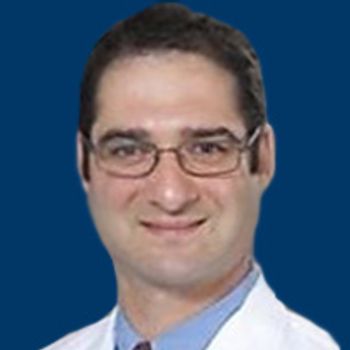
Jonathan Wesley Riess, MD, MS, details the potential for ivonescimab in NSCLC after improving PFS vs pembrolizumab in the HARMONi-2 trial.

Findings point to a biomarker that may give a “head start” to triple-negative breast cancer in Black women.